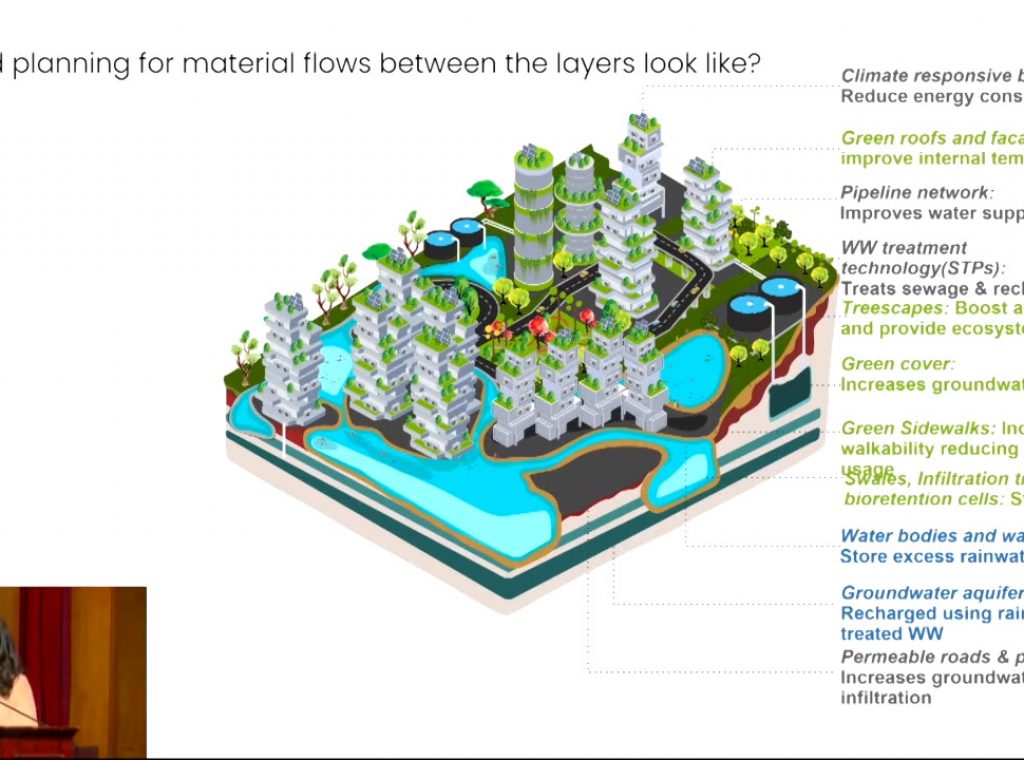Water and food security are very important for India’s development, especially amid diverse environmental and social conditions and the impacts of climate change. Ensuring access to safe, nutritious food without depleting water resources is a major challenge that impacts ecological stability, economic growth and social well-being. Water scarcity affects millions. Land degradation and changing rainfall patterns threaten food production.
These are interconnected issues, and we address them by promoting sustainable natural resource management, resilient agricultural practices and equitable distribution. Through interdisciplinary knowledge, policy engagement and partnerships, we aim to develop strategies that prioritise ecological health and social equity, fostering resilient food systems and sustainable water management.
Our Water and Food Security initiative tackles challenges like water scarcity, climate change, land degradation and unsustainable agricultural practices through interdisciplinary knowledge generation, policy engagement, capacity building and partnerships. By focusing on responsible land and water management strategies and action plans and promoting nature-based and ecosystem-based approaches, we aim to create resilient food systems and sustainable water management that prioritise ecological health and social equity for long-term human well-being and sustainable development.
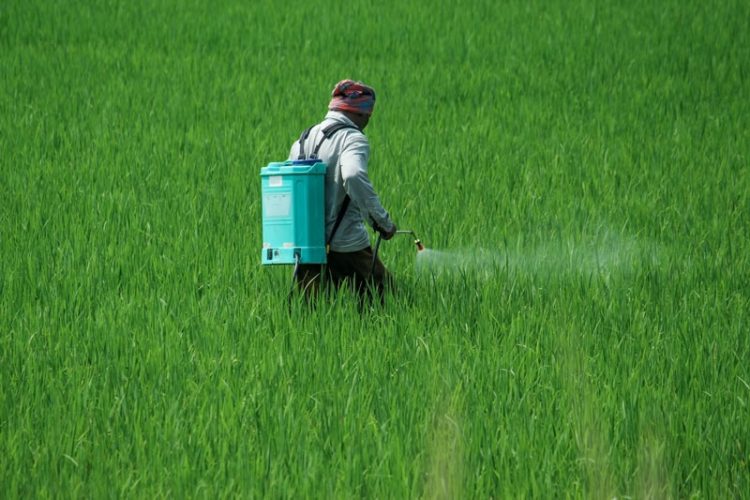
In India, moving from chemical-intensive farming to agroecological approaches is essential to counter environmental degradation and stagnating farmer incomes. Our study looks at what drives this change and the processes involved, besides seeking innovative financial sources for smallholder farmers in semi-arid areas.
Our programme aims to improve water security and reduce flooding in cities by leveraging technology, data-driven solutions and collaborative efforts among governments and civil society. We want to enhance water infrastructure, service delivery and urban governance. Our approach includes nature-based solutions that empower local involvement and go beyond traditional infrastructure methods.
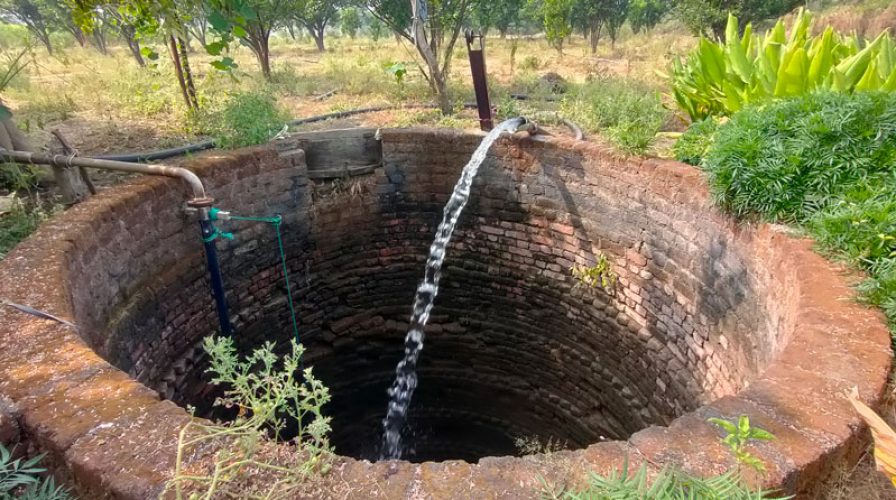
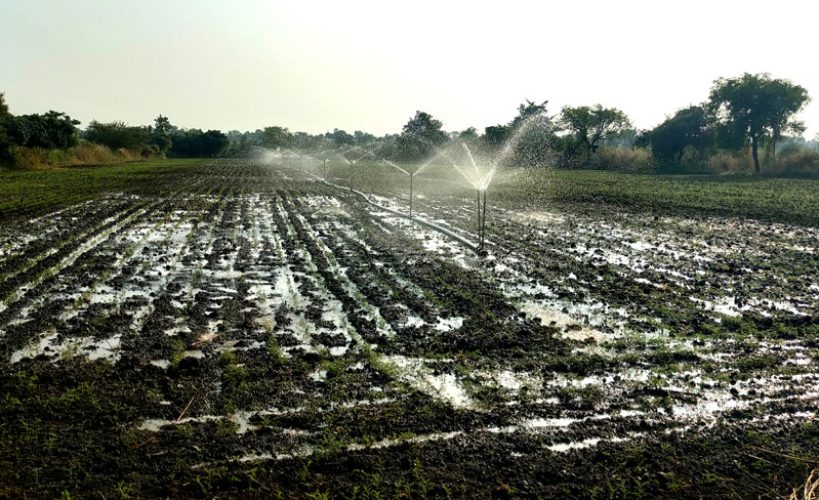
We focus on strengthening water governance, promoting community-led water management and making irrigation systems more effective and fair. We use advanced technologies to create water management strategies that are inclusive, fair and responsive to the needs of marginalised and vulnerable communities.
Changing rainfall and rising temperatures worsen water scarcity and lower groundwater levels, impacting farmers. We work towards increasing climate resilience and improving the livelihoods of farmers by promoting traditional crops and knowledge systems. We create awareness about local food species and make them accessible to consumers to support farmers. We also address the challenges of sustainable agriculture, water management, land conservation and programmes that support farmers’ well-being.
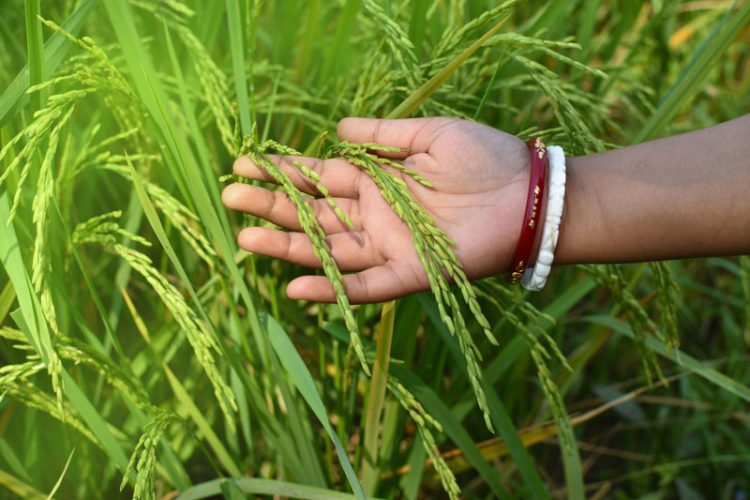
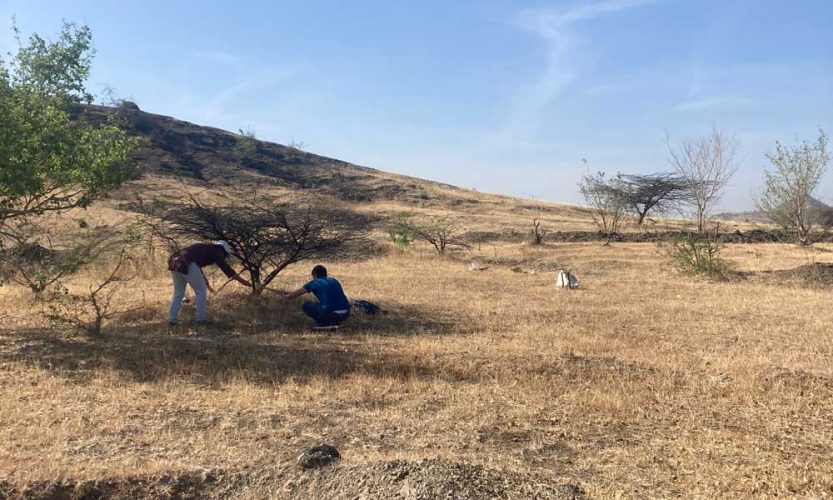
Healthy soils deliver enormous benefits by retaining water during droughts, reducing erosion during heavy rainfall events and supporting more robust plant growth. Carbon-rich soils also play a significant role by acting as a carbon sink. We conduct research to deepen our understanding of soil carbon stocks and fluxes in natural and human-dominated ecosystems across India. We focus on developing and implementing effective land management strategies that promote healthy soils. This includes undertaking pilot studies, supporting soil-monitoring campaigns and evaluating environmental policies, all of which contribute to building climate resilience.
